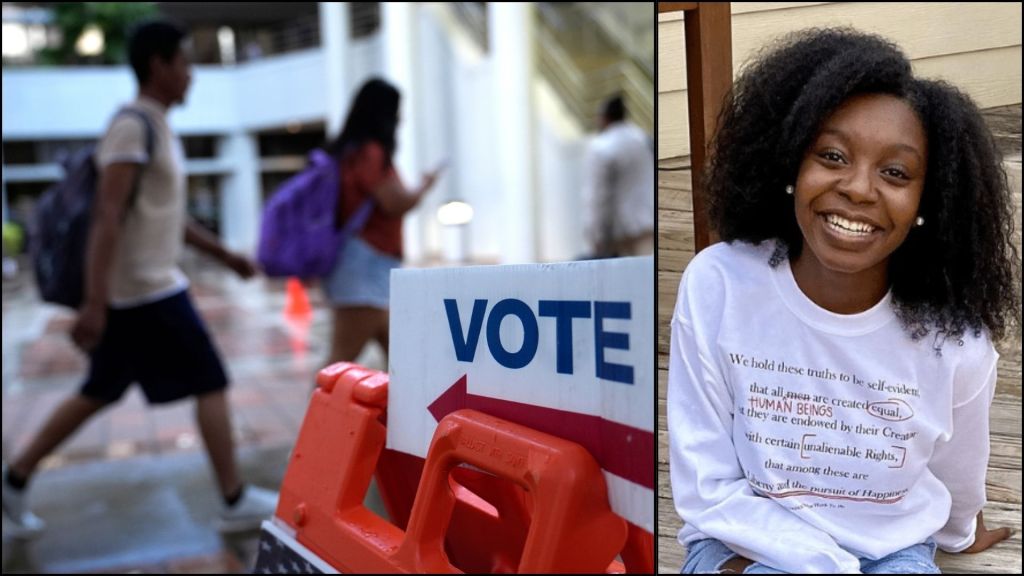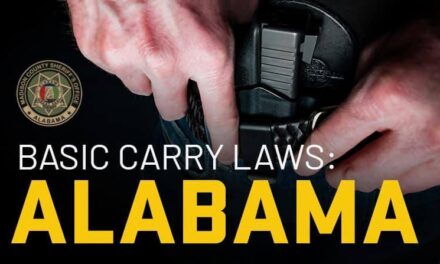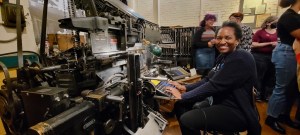By Megan Sayles
AFRO Business Writer
msayles@afro.com
Early voting is underway around the nation ahead of Election Day 2024, set for Nov. 5.
In Georgia, more than 1.9 million residents have already cast their ballots, representing more than a quarter of all voters in the Peach State. Martin Luther King III, son of the late civil rights leader, held an in-person early voting event on Oct. 21 in partnership with the Harris-Walz presidential campaign.

Credit:Photo courtesy of Fair Elections Center
Although North Carolinians are still recovering from the destruction of Hurricane Helene, over 1 million of them have made it to the voting booth. In Nevada, 144,575 residents had voted as of Oct. 22.
The right to vote is one of the cornerstones of democracy, but Black Americans have been subjected to a long history of disenfranchisement. Tactics like literacy tests and poll taxes have given way to gerrymandering and restrictive voter identification laws. Modern attempts at voter suppression and intimidation make it even more important for individuals to know how to spot and fight unlawful practices.
“As much as it’s important to know the voting laws in your state, it’s also critical that voters know what protections are in place to safeguard their right to cast a ballot. There are federal voter protections in laws like the Voting Rights Act, the National Voter Registration Act, the Help America Vote Act and the Uniformed Overseas Citizens Absentee Voting Act,” said Kiayna O’Neal, digital director at VoteRiders. “Each of these is meant to protect voters from things like discrimination and intimidation at the polls, being taken off of voter registration rolls, language difficulties and issues for overseas voters.”
Founded in 2012 as a direct response to the rise of stringent ID laws in the U.S., VoteRiders is a nonpartisan nonprofit that strives to ensure all citizens can exercise their right to vote. O’Neal warned that the existence of these federal protections does not mean that they are enforced and free from attack.
In fact, the Voting Rights Act, enacted in 1965 after Martin Luther King Jr. led the Selma marches in Alabama, has been weakened in recent years. In 2013, the United States Supreme Court struck down a section in the legislation that required certain states with a history of discrimination to get approval from the federal government before changing their voting laws. The ruling set a precedent that’s made it more difficult to challenge discriminatory policies.
“Intimidation and suppression examples can vary depending on the voter, the state and the situation,” said O’ Neal. “With all the misinformation and disinformation out there about voter fraud, I wouldn’t be surprised if we see more instances of voter’s citizenship being questioned at the polls— that in itself is a form of intimidation.”
Rebekah Caruthers, vice president of the Fair Election Center, has already observed attacks on the right to vote this election season.
In Georgia, 300,000 people showed out on Oct. 15, the first day of early voting. Caruthers believes one of the reasons behind the state’s record turnout for early voting is tied to a harmful law passed in 2021.
“Georgia has now made it illegal for organizations to pass out water or snacks for those standing in line,” said Caruthers. “Georgia is notorious for 10 to 12 hour lines. That’s a clear example of voter suppression because the hope is that people will get too tired, too hungry or too thirsty, and they will leave.”
She added that the lengthy wait times are more common in predominantly Black neighborhoods of the state.
“Mind you, those long lines tend to be in Black areas,” said Caruthers. “They’re not in the White suburbs.”
Aside from Black communities, Latinx, young people, first-time voters and people with disabilities are more likely to experience voter disenfranchisement, according to Caruthers.
According to the American Civil Liberties Union (ALCU), interrogating voters about their citizenship, criminal record or other qualifications; deceptively posing as an election official; disseminating false information about voter requirements and displaying misleading signs about voter fraud in relation to legal penalty are all forms of voter intimidation.
Caruthers believes poll workers are one of the most important players in defending against voter suppression and intimidation.
“Poll workers are the frontline workers in our democracy,” said Caruthers. “If it wasn’t for poll workers, election clerks and local election officials across the country who are trying to do their jobs, we wouldn’t be able to have elections.”
Voters are reminded that if they encounter voter suppression efforts or intimidation, they can contact the Election Protection hotline at 866-OUR-VOTE, or 866-687-8683.
There are also language-specific numbers: Spanish 888-839-8682, Asian languages 888-274-8683 and Arabic 844-925-5287.
Voters can also consult the Fair Election Center’s Know Your Rights Guide and VoteRider’s HelpLine at 866-432-8683 before heading to the polls to make sure they’re prepared.
The post Early ballots cast as advocates warn of voter suppression and intimidation efforts appeared first on AFRO American Newspapers.











